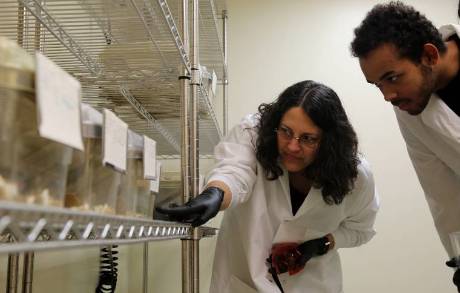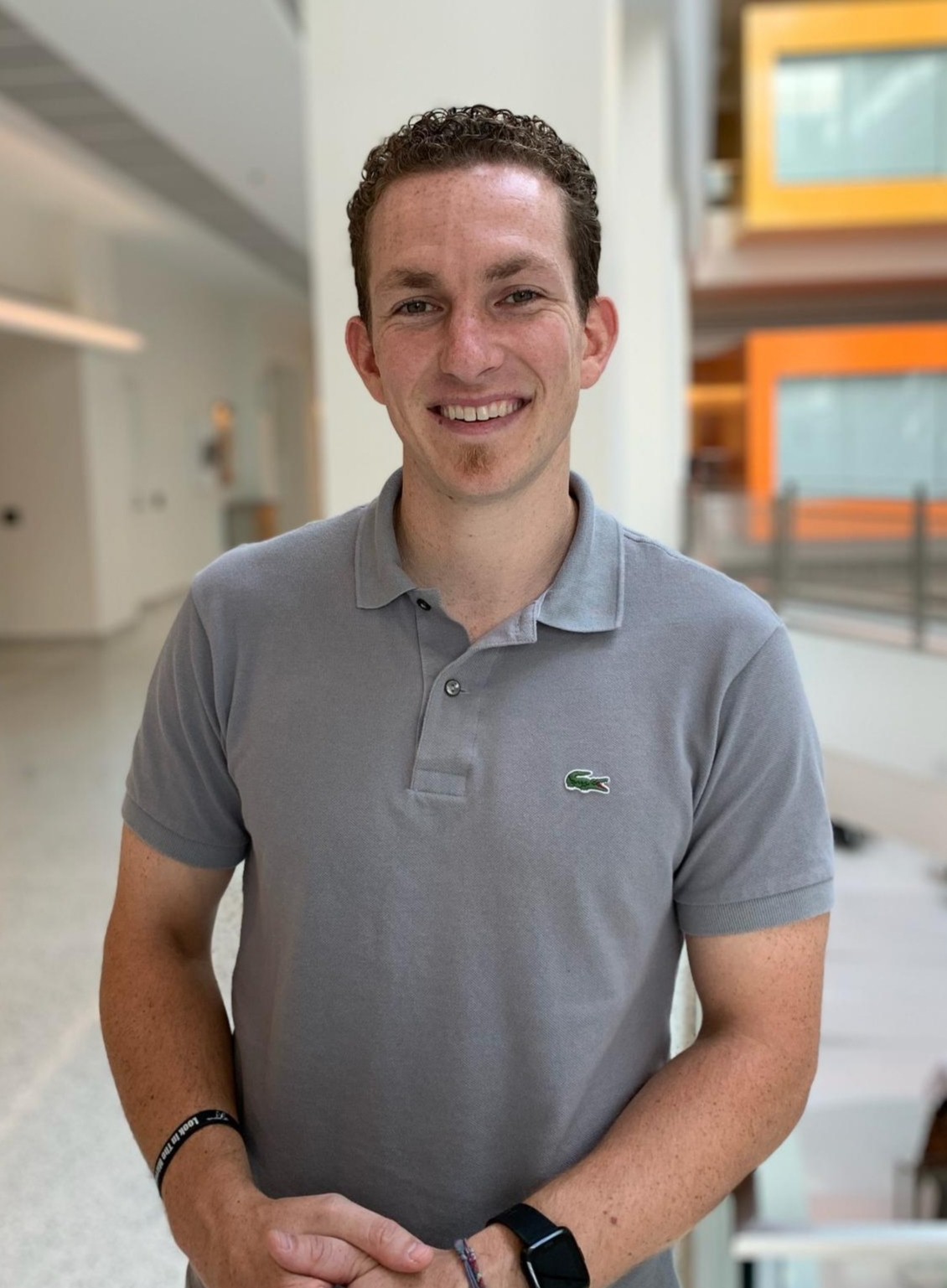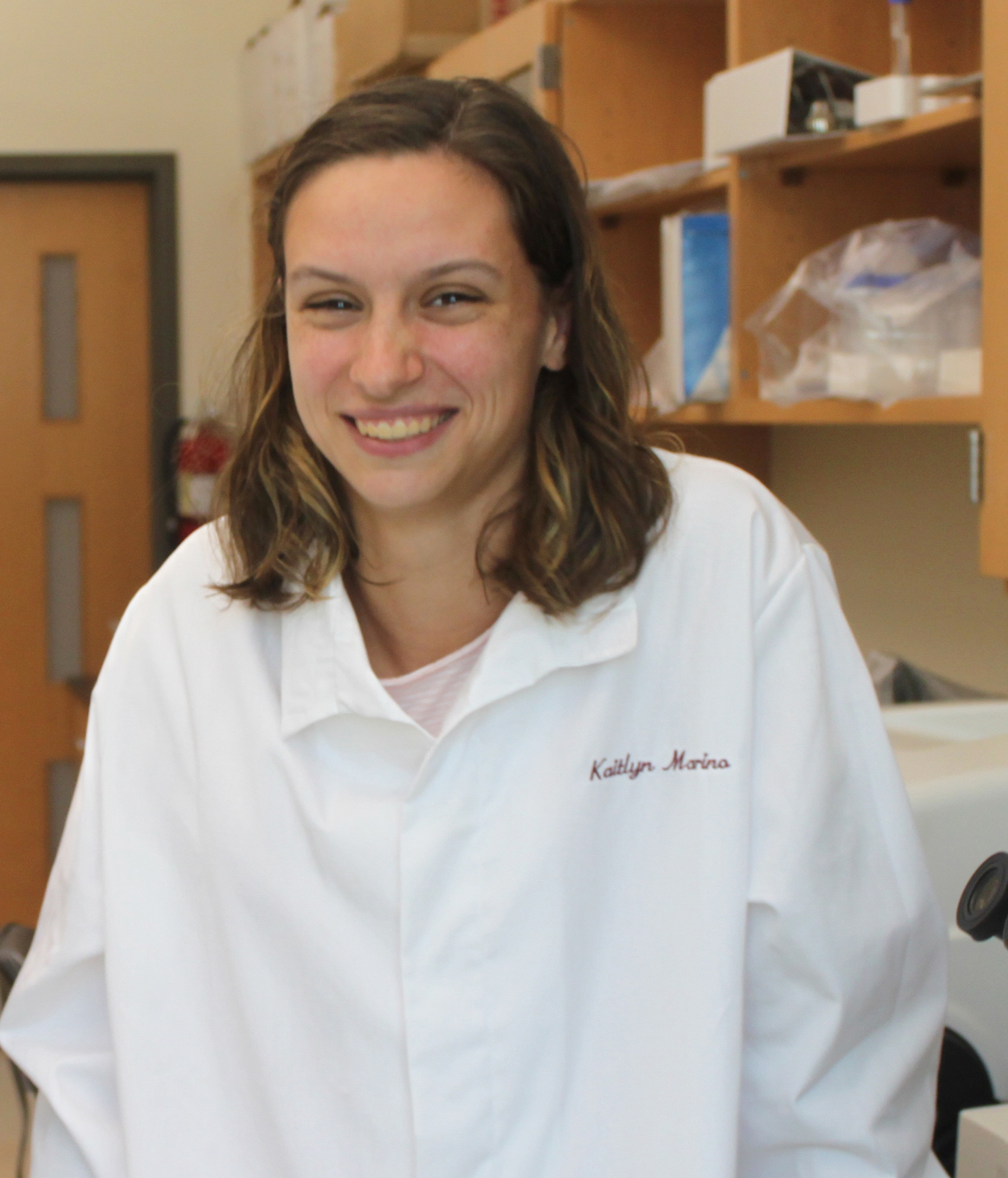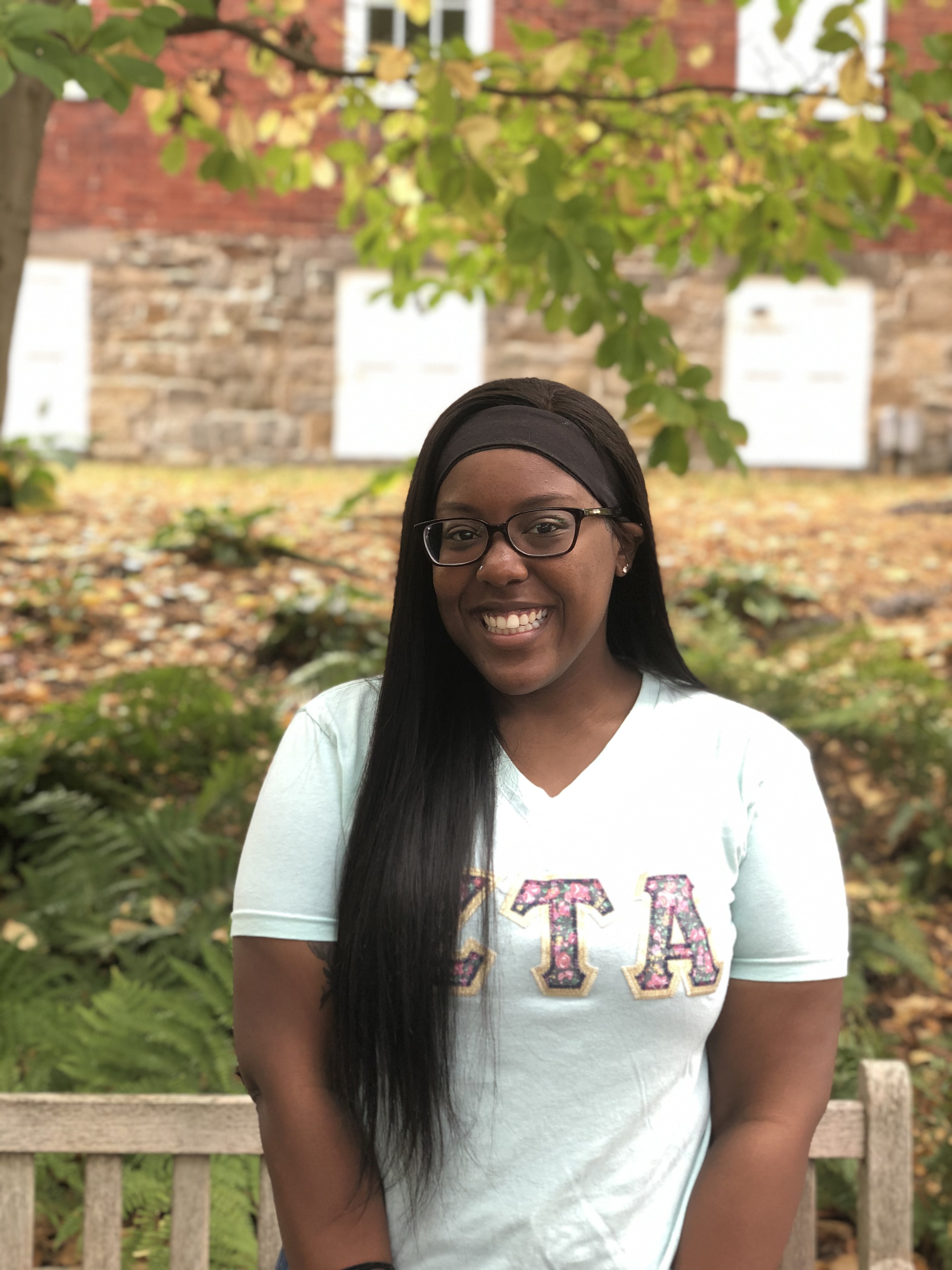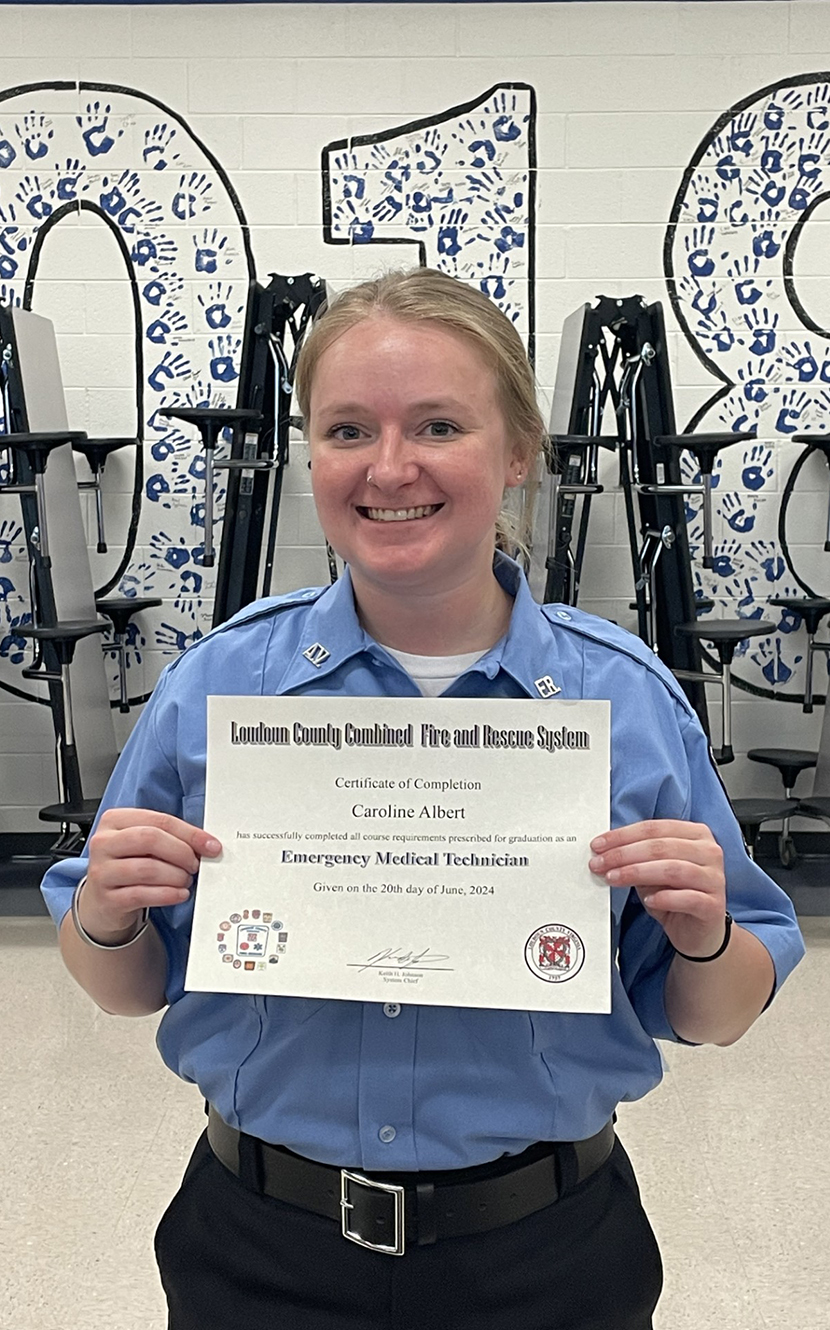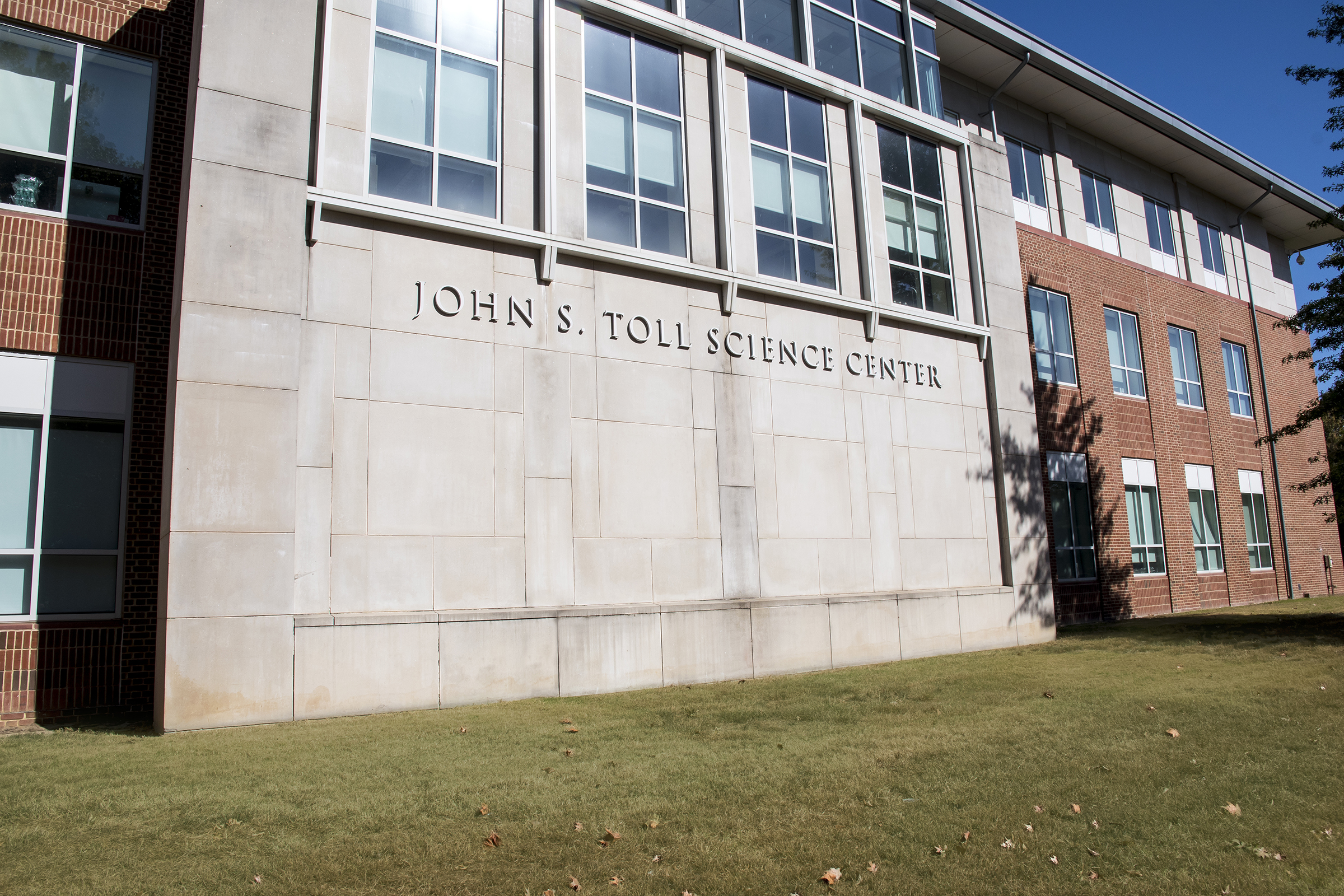
Department of Psychology
Fascinated by human behaviors, thoughts, and emotions? Consider a major in Psychology.
Psychology majors at Washington College are exposed to the vast fields within psychology,
and have the choice to broadly study Experimental Psychology or concentrate in Clinical/Counseling and/or Behavioral Neuroscience. Regardless of the chosen path, there are many opportunities to gain hands-on experience
conducting research using a wide range of exceptional cutting-edge laboratory equipment,
or to get real-world experience interning in a psychologically-based placement, all
while building lasting relationships with professors who provide mentorship along
the way.
Tailor your education: Majors in psychology can tailor their education along three tracks (Experimental Psychology, Clinical/Counseling Psychology, Behavioral Neuroscience) based on their interests and future goals. Learn more
Gain practical experience: Practical experience is naturally built into classes and labs. Students develop exceptional knowledge and skills through scholarly involvement in multiple projects throughout their undergraduate careers. Learn more
Conduct independent research: Senior psychology majors have the choice between a theoretical or data-driven Senior Capstone Experience. Most students choose a data-driven project, where they conduct an empirical study to answer their own original research. All students work one-on-one with a faculty mentor who guides them through the year-long process. Learn more
Direct access to faculty: Once students become part of the Washington College family, faculty members take an active role in mentoring each one through the learning process. Faculty in the Psychology Department have an open-door policy and really do take each student’s education personally. The relationship formed between faculty and students often continues long after graduation. Meet our faculty
Build written and oral communication skills: By graduation, Psychology majors should be able to observe, assess, and evaluate human behavior, and effectively communicate their findings in written and oral formats. These skills set our students on the path for success in nearly any career.
Critically evaluate human behavior: Psychology majors should have the foundational knowledge in diverse areas of psychology that they can use to better understand themselves and the behavior of others. This in-depth understanding of psychology also allows our majors to have a critical eye toward the many reports of psychological phenomena they will come across every day in the news and other popular media.
Understand quantitative and visual data: Students studying Psychology should be able to understand data in the form of quantitative analysis and visual displays, and use data effectively to understand human behavior. Our students can critically evaluate data and are not deceived by statistics in the media.
Find out more about APA's 5 transferable skills
Internships: Students can earn credit while gaining valuable experience. Nearly half of all Psychology majors (and 80% of Clinical Counseling Concentrators) complete at least one internship. Learn more
Service and Experiential Learning: Many courses offer students the opportunity to apply what they learn beyond the classroom. Our facilities have easy access to multiple psychological laboratories, as well as labs for other natural sciences. Learn more
Psychology Club: All students with an interest in psychology are welcome to join or become a leader of the Psychology Club. Learn more
Our undergraduate psychology degree choices are versatile, leading to a wide variety of opportunities in today’s workforce.
For psychology bachelor’s degree holders, the most common primary work activity is management, followed by health-related services and academically-oriented positions. [Source: 2017 National Survey of College Graduates, National Science Foundation] Some careers require additional schooling.
- Management includes careers in sales and marketing. Many business executives, top-level managers, and human resources professionals studied psychology.
- Our majors commonly enter health-related service professions. Some job titles include clinicians, mental health counselors, social workers, nurses, occupational therapists, speech-language pathologists, medical doctors, veterinarians, and pharmacists.
- Various academic positions are available to psychology majors. This includes careers in teaching and research, such as special education teacher, school psychologist, college/university professor, statistician, and scientist.
While nationwide trends show that 4 in 7 psychology majors do not obtain graduate degrees, more than half of our graduates pursue higher-level degrees, increasing their earning potential. [Source: 2017 National Survey of College Graduates, National Science Foundation]
Majoring in Psychology
For broad exposure to many disciplines within psychology, courses in the major emphasize empirical testing of theoretical psychological models. The broad Psychology major is especially recommended for those students who wish to double major in psychology and another field or for those who are not interested in the clinical/counseling concentration or the behavioral neuroscience concentration.
Example Courses
- Social Psychology
- Lifespan Development
- Health Psychology
The concentration in behavioral neuroscience is designed for students with a focused interest in the biological bases of behavior and thought. The concentration is well suited for students that are contemplating professional or research careers in medicine, pharmaceuticals, veterinarian medicine, animal science, neurology and neuroscience. Because behavioral neuroscience concentrators have additional laboratory requirements beyond other Psychology majors, students in this concentration earn a Bachelor of Science (BS) degree.
Example Courses
- Biopsychology
- Cognitive Neuroscience
- Psychopharmacology
LEARN MORE ABOUT BEHAVIORAL NEUROSCIENCE
The clinical/counseling concentration is designed to prepare students interested in the helping professions and human services. Coursework provides students with a foundation for graduate work in counseling, school psychology, clinical psychology, and the allied health fields. Students are also prepared for entry-level positions in human resources, management, child care or school settings as well as work as clinical/counseling assistants or research assistants.
Example Courses
- Traditional Psychiatric Disorders; Medical & Developmental Disorders
- Child Assessment
- Learning and Applied Behavior Analysis
Exciting Opportunities with the Psychology Department
Every year, at least 40 students are co-authors on presentations at the Eastern Psychological Association Annual Meeting. About 25 students travel annually with the Psychology Department Faculty members to attend this conference. This is an exciting opportunity for students to share their work with others in the field of Psychology within our region. Student researchers also present at other national conferences with their faculty research advisors. It is great preparation for graduate school or a career in research, as well as a chance for students to network as they show off their amazing research projects. Students’ travel expenses to present at conferences are largely offset by the generous contributions to the Virginia M. Conner ’85 Fund.
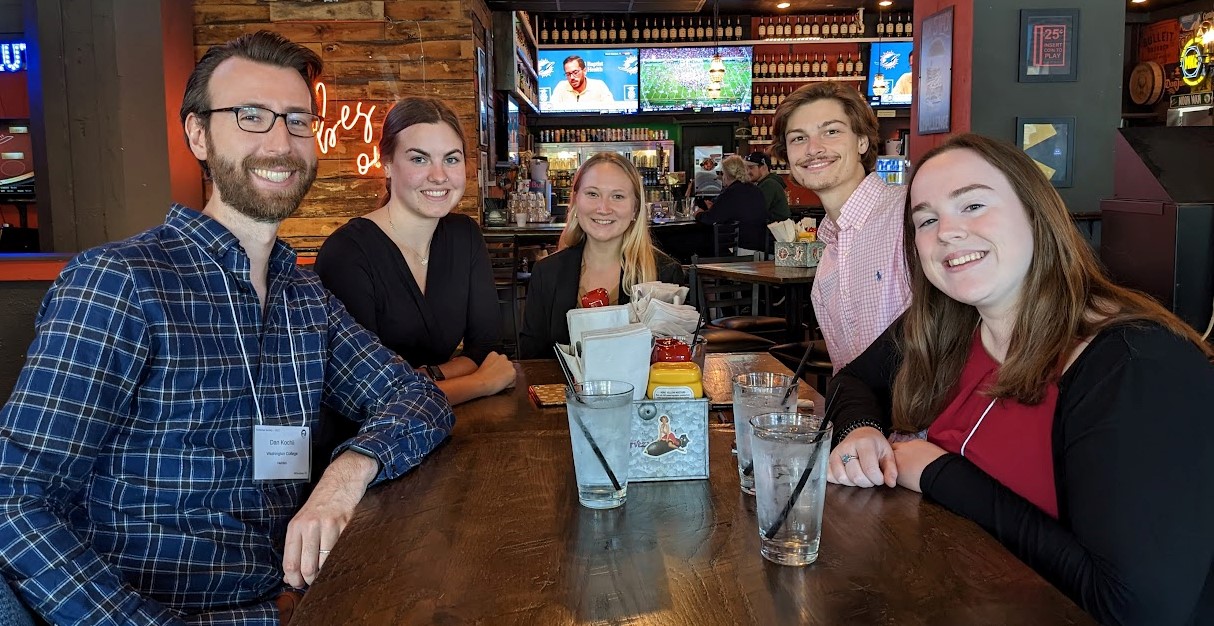
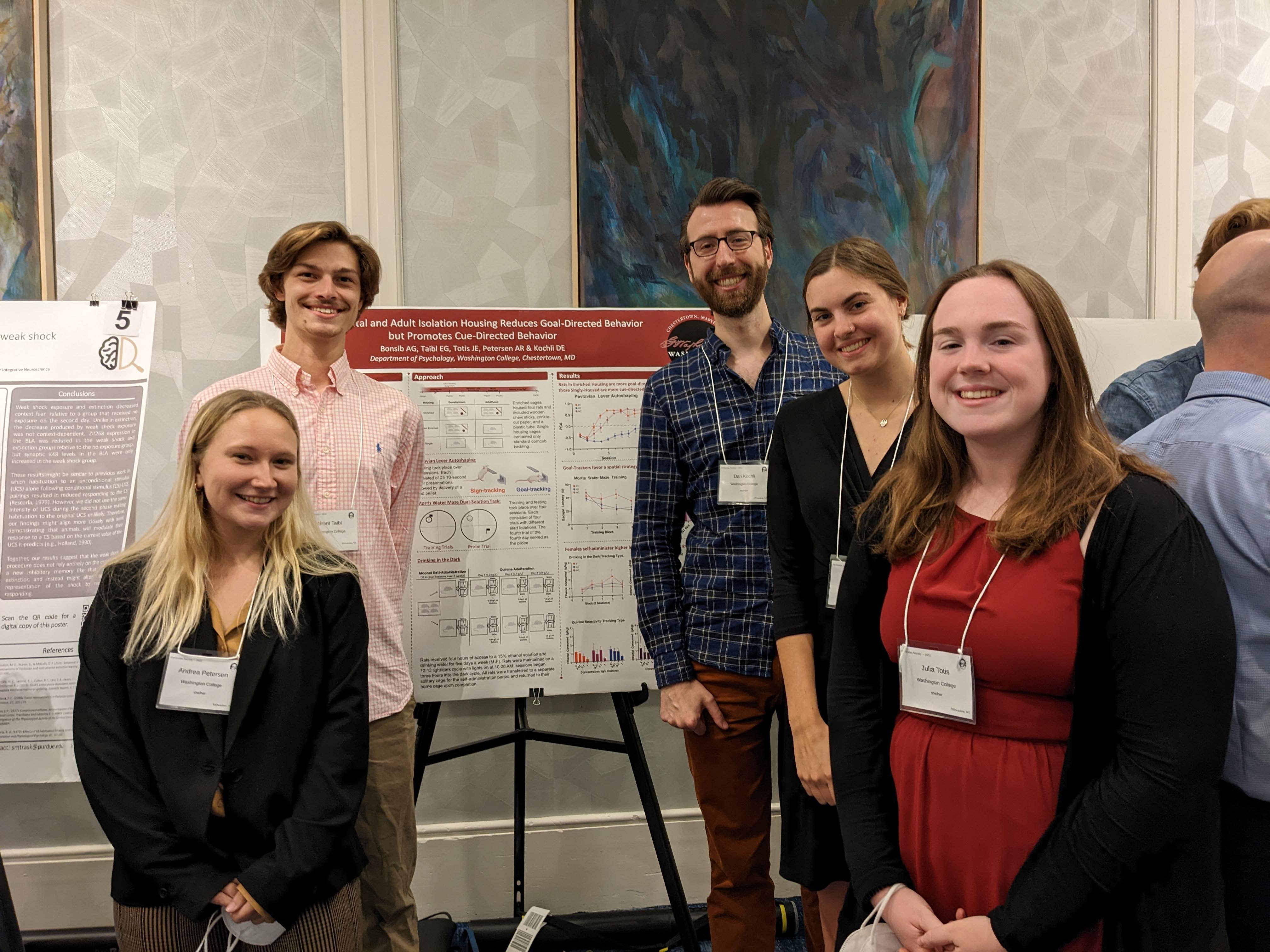
Ninety-five percent of our majors report that they have worked on a psychology team research project either in as part of a course or with a faculty member. Thirteen class options have laboratory components that allow students to have hands-on exposure to areas such as developmental, social, health, biopsychology, neuropsychology, counseling practice, and cognition. One hundred percent of students experience at least four of these lab courses.
Every summer, students can apply to collaborate directly with faculty members during the 10-week program John S. Toll Summer Research Fellowship. At the end of the summer, students present their findings during a poster session which is open to the public. Students also earn a small stipend to assist their work.
Toll Summer Research Fellows Poster Session























